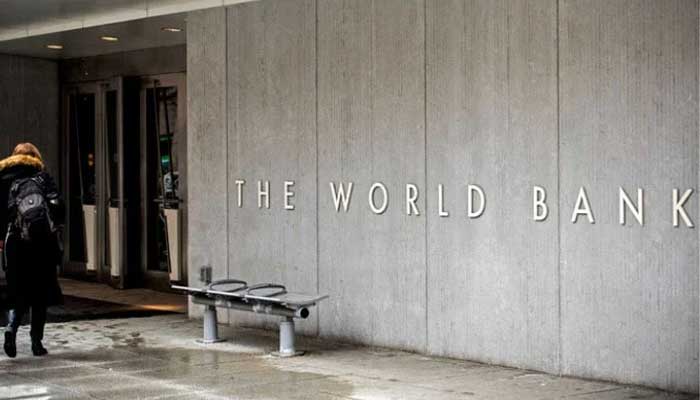Developing economies' debt more than doubled over decade: World Bank
WB president says comprehensive approach needed to reduce debt, increase transparency, and facilitate swifter restructuring
WASHINGTON: The external debt of developing economies has more than doubled from a decade ago to $9 trillion in 2021, the World Bank said Tuesday, warning the debt crisis facing these countries has intensified.
The pandemic has forced many countries to take on more borrowing, and World Bank President David Malpass earlier warned that the world is facing a fifth wave of debt crisis.
Many countries are already facing or at risk of debt distress with surging global inflation and rising interest rates.
And global growth is slowing sharply this year, with an increased risk of world recession in 2023 amid "one of the most internationally synchronous episodes of... policy tightening" in 50 years, the World Bank said.
"A comprehensive approach is needed to reduce debt, increase transparency, and facilitate swifter restructuring — so countries can focus on spending that supports growth and reduces poverty," Malpass added.
The World Bank said in a release that the poorest countries eligible to borrow from its International Development Association (IDA) now spend more than a tenth of their export revenues to service their long-term public and publicly guaranteed external debt.
This is the highest proportion since 2000, added the Washington-based development lender.
The external debt of IDA countries also nearly tripled in the decade leading up to 2021.
"On the surface, debt indicators seem to have improved in 2021," the World Bank said, adding that "this was not the case for IDA countries."
Vulnerabilities underscore an urgent need to improve debt transparency, the bank said.
-
Bitwise Crypto Industry innovators ETF: What investors should do in 2026?
-
Nintendo shares slide again as momentum fears grow
-
Gold, silver prices fallen sharply; What’s driving the drop?
-
Gold’s record climb: Experts question if its safety is ‘overstated’
-
Dubai unveils plans to construct street built with real gold
-
Netflix slams Paramount’s bid: 'Doesn't pass sniff test’ as Warner battle escalates
-
Ubisoft: Shares plunge amid restructuring plan and wave of games cancellations
-
Netflix revises Warner Bros. deal to $83 billion: All-cash offer












